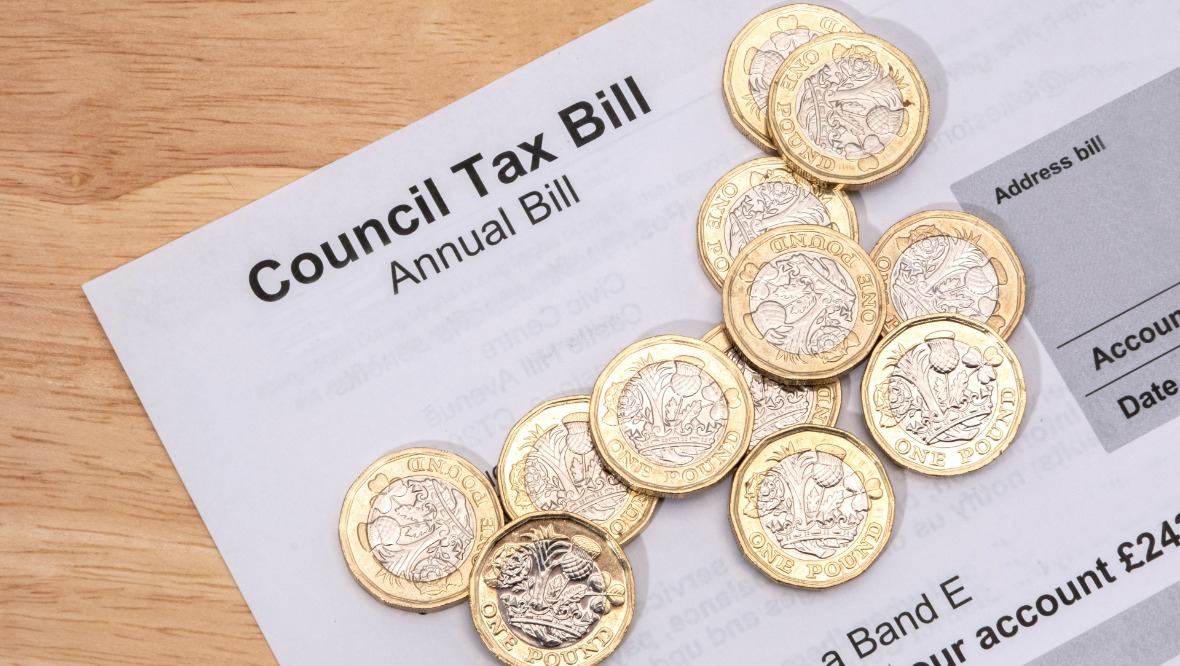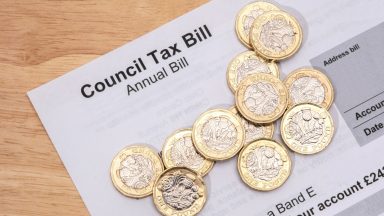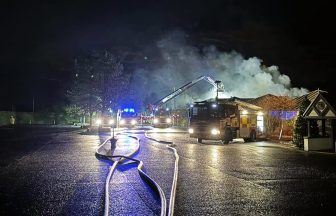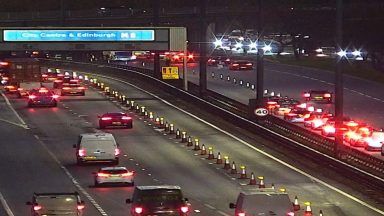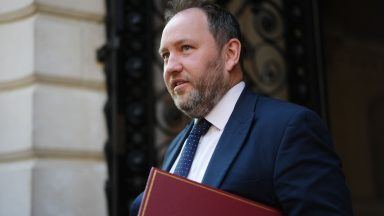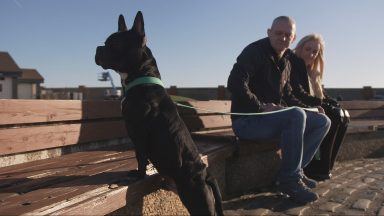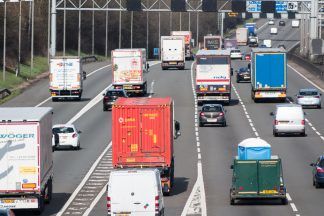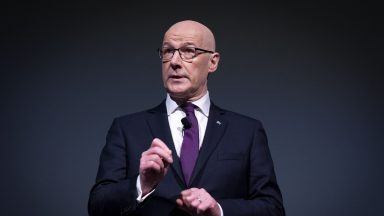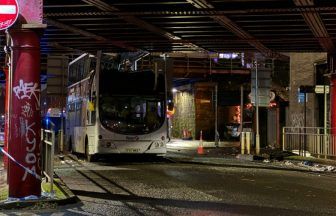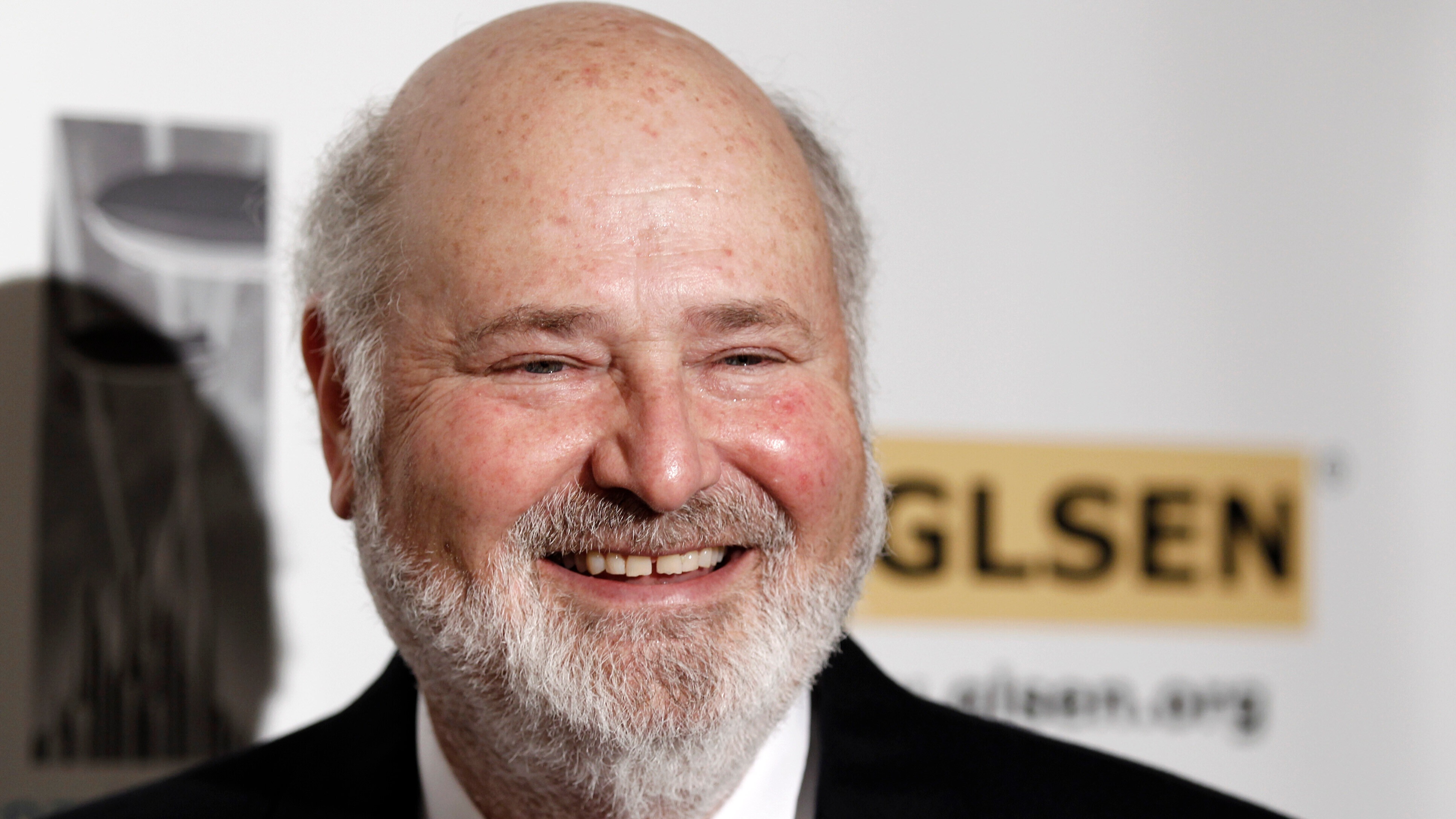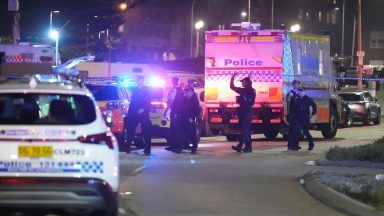More than 270,000 people in Scotland missed a council tax payment in 2023, according to analysis by Citizens Advice Scotland (CAS).
Analysis by the charity of polling it commissioned from YouGov suggests that 276,186 people in Scotland had missed a council tax payment at least once from December 2022.
Previous research from Citizens Advice Scotland found that people aren’t aware of the harsher debt collection consequences of being in council tax arrears compared to other types of debt such as loans or credit cards.
Councils can subject those in arrears of just one month to a speedy debt enforcement through a bank arrestment – which can include benefits – as a means of recovering payment, while the research also found that local authorities are overlooking potential opportunities to enable repayments to be made.
On average, around one in three clients presenting debt at bureaux have council tax debt. This proportion is consistently higher for clients seeking support with multiple debt issues.
CAS financial health spokesperson Myles Fitt said: “The sheer scale of people who have missed a council tax payment last year is alarming.
“That’s 270,000 people receiving a bill for payment of the full year of council tax because of that missed payment – 270,000 potentially facing a bank arrestment if payment can’t be made, 270,000 people potentially in need of advice as council tax debt is nearly always connected to other debts.
“The cost of living crisis is undoubtedly a key factor in this.
“People are prioritising essential costs like heating, food and shelter and in some cases that means skipping or not being able to pay their monthly council tax bill.
“People don’t see immediate tangible consequences of not paying their council tax – the bins still get emptied and street lights stay on – in the way that they do if food cannot be bought or energy bills are left unpaid.”
First Minister Humza Yousaf pledged in his speech to the SNP conference last October that council tax bills across Scotland would be frozen in 2024-25, to help those struggling during the cost-of-living crisis.
But a failure to consult with council leaders ahead of the speech left them furious at the move – with this exacerbating tensions between the Scottish Government and local authorities over funding.
Argyll and Bute, which is run by a coalition of Conservative, Liberal Democrat and independent councillors, became the first area to defy the First Minister and vote for a rise in council tax.
Inverclyde Council then announced an increase of 8.2% this year, which means the band D level will increase by £117.24 to £1,547.01 – or an extra £2.25 a week.
The council had initially been facing an estimated £12.5m funding gap over the next two financial years.
Council leader Stephen McCabe has since written to finance secretary and deputy first minister Shona Robison offering a “compromise agreement”.
Follow STV News on WhatsApp
Scan the QR code on your mobile device for all the latest news from around the country


